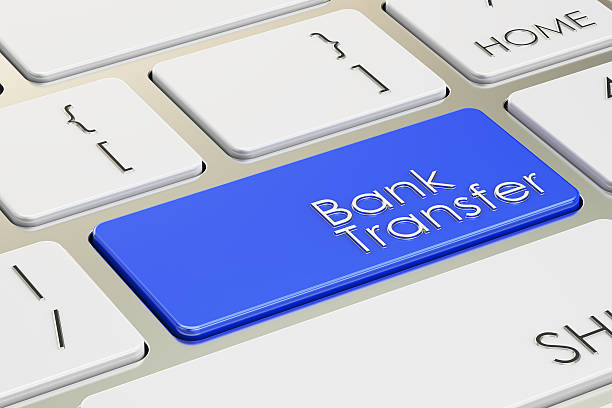ACH (Automated Clearing House) Transfer: ACH transfers are commonly used for domestic bank-to-bank transfers in the United States. They are usually free or have a low fee, but they may take a few business days to complete.
Wire Transfer: Wire transfers are faster than ACH transfers but often come with higher fees. They are suitable for both domestic and international transfers and can be initiated through your bank.
2. Online Banking
Many banks offer online banking platforms that allow you to initiate transfers to other people's accounts. You'll need the recipient's account information, and in some cases, they may need to have an account with the same bank for a faster transfer.
3. Peer-to-Peer (P2P) Payment Apps
P2P payment apps like Venmo, PayPal, Cash App, and Zelle have gained popularity for transferring money quickly and easily to friends and family. These apps are typically free for personal use, and you only need the recipient's email address or phone number.
4. Checks and Money Orders
You can send money to someone else's bank account by writing a check or obtaining a money order. The recipient can deposit the check or money order into their bank account.
5. Third-Party Transfer Services
Services like Western Union and MoneyGram allow you to send money to individuals internationally or domestically by visiting their physical locations or using their online platforms.
Considerations When Transferring Money to Someone Else's Bank Account
Before initiating a bank transfer to another person's account, there are several important considerations to keep in mind:
1. Recipient's Consent
Always ensure that you have the recipient's consent to transfer money into their bank account. Unauthorized transfers can lead to legal issues.
2. Accuracy of Information
Double-check the recipient's account information, including their full name, account number, and bank details. Errors can result in delays or lost funds.
3. Fees and Costs
Different transfer methods may come with varying fees. Be aware of any fees associated with the transfer and factor them into your decision.
4. Processing Times
Consider the processing time required for the transfer method you choose. Some transfers, like wire transfers, are faster than others but may incur higher fees.
5. Security
Ensure that you use secure and trusted methods for transferring money. Banks and reputable payment apps employ encryption and security measures to protect your financial information.
6. Legal and Tax Implications
Large transfers may have legal and tax implications, such as reporting requirements for both the sender and the recipient. Consult with a financial advisor or tax professional if you have concerns.
In Conclusion
Transferring money to someone else's bank account is a common and straightforward process when you have the necessary information and use a trusted method. Whether you opt for a bank transfer, an online banking platform, a P2P payment app, or another method, always prioritize accuracy, security, and the recipient's consent. With the right precautions in place, you can confidently and efficiently send money to someone else's bank account to meet your financial needs.
Frequently asked questions (FAQs) for bank transfers




